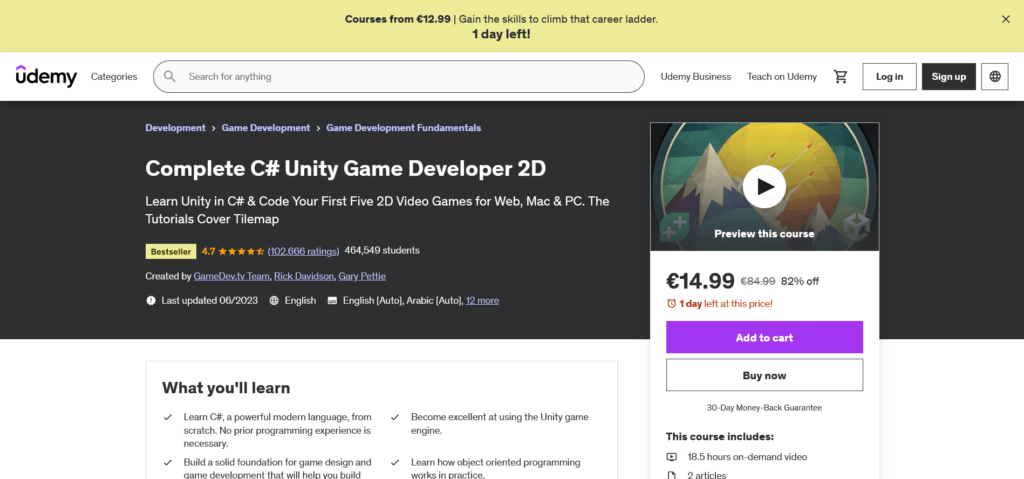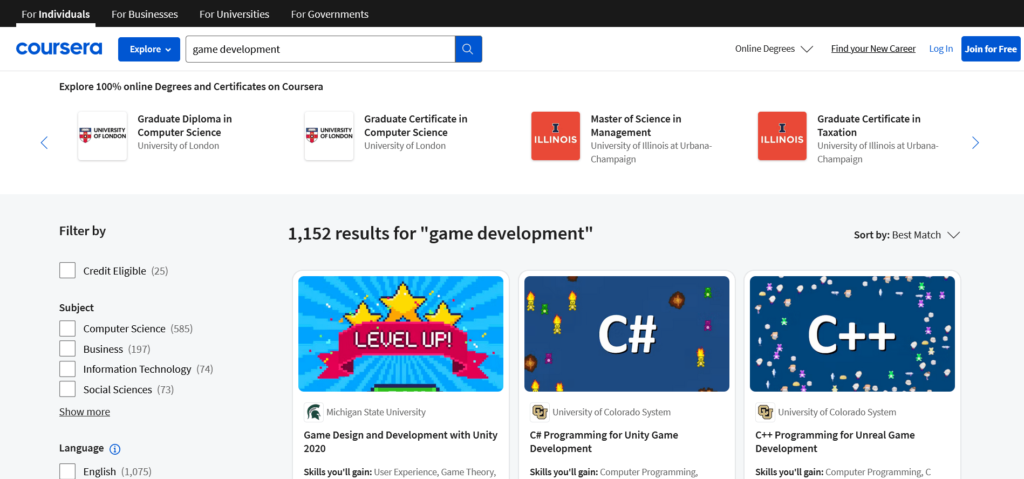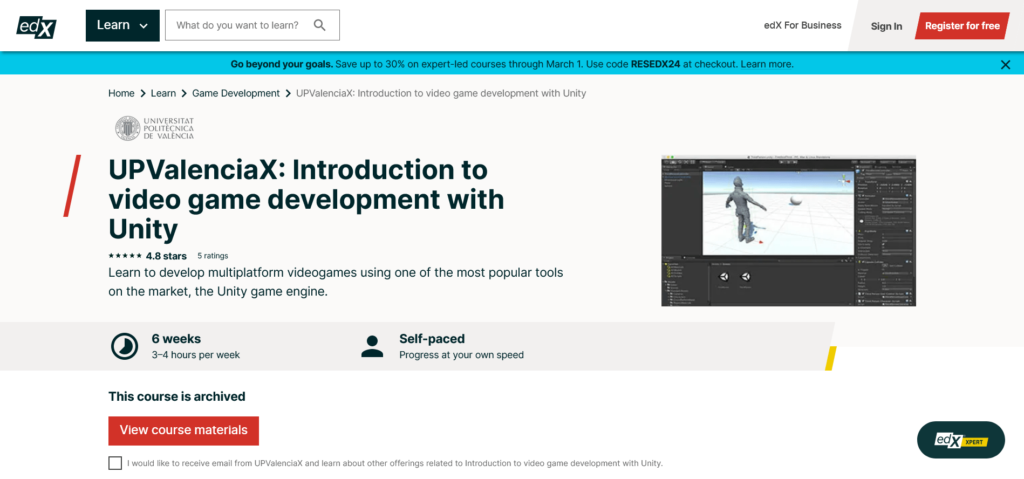Introduction
In the ever-evolving landscape of digital entertainment, one question consistently echoes through the minds of both aspiring game developers and eager players alike: How long does it take to develop a video game? This query serves as the compass guiding the journey through the intricate process of game creation, where creativity intertwines with technical prowess to bring virtual worlds to life. Delving into the depths of this inquiry unveils a multifaceted exploration, where timelines fluctuate based on a myriad of factors, from the scope of the project to the expertise of the development team. Understanding the game development timelines not only provides insight into the industry’s inner workings but also offers invaluable guidance for those embarking on their own game development odyssey. So, let’s embark on this illuminating expedition to uncover the secrets behind the question, “How long does it take to develop a video game?”
Planning and Conceptualization – Setting the Foundation
The conceptualization phase lays the groundwork for a game’s development, involving ideation, storyboarding, and initial design. On average, this stage can take anywhere from 6 to 12 months, depending on the complexity of the project.
Example: “The Elder Scrolls VI”
Bethesda Game Studios is known for its meticulous planning, and for “The Elder Scrolls VI,” the planning phase has reportedly taken several years. The studio’s commitment to conceptualizing an expansive and immersive world is a testament to the significance of careful planning in the development process.
Pre-production – Crafting the Blueprint
Once the conceptualization is complete, the pre-production phase commences. This stage involves creating prototypes, defining technical requirements, and finalizing the design. Pre-production typically spans 6 to 12 months.
Example: “Cyberpunk 2077”
CD Projekt Red invested around four years in the pre-production of “Cyberpunk 2077.” This extended period allowed the team to establish a robust foundation for the game’s ambitious narrative, intricate mechanics, and detailed open-world environment.
Development – Bringing Concepts to Life
The development phase is the heart of game creation, encompassing coding, asset creation, and level design. The duration of development varies significantly, ranging from 1 to 4 years, depending on the game’s scale and complexity.
Example: “The Witcher 3: Wild Hunt”
CD Projekt Red spent approximately three and a half years in the development of “The Witcher 3.” The game’s vast open-world, intricate quests, and detailed character animations showcase the time investment required for a high-quality gaming experience.
Testing and Iteration – Refining the Experience
Testing and iteration are crucial for identifying and rectifying bugs, optimizing performance, and enhancing gameplay. This phase typically spans 6 to 12 months, ensuring a polished end product.
Example: “Fallout: New Vegas”
Obsidian Entertainment dedicated an extensive period to testing and iteration for “Fallout: New Vegas,” refining the game’s mechanics and addressing player feedback. The commitment to quality in this phase contributed to the game’s success.
Post-production and Polishing – The Final Touch
Post-production involves finalizing the game, implementing remaining features, and polishing the overall experience. This phase, on average, can take 3 to 6 months.
Example: “Red Dead Redemption 2”
Rockstar Games spent around six months in post-production for “Red Dead Redemption 2.” The meticulous attention to detail during this phase contributed to the game’s immersive world and realistic gameplay.

Best Online Education Platforms to Learn About How long does it take to develop a video game
Embarking on the journey of game development is an exciting and challenging endeavor, and choosing the right online education course platforms can significantly impact your success. In this article, we explore the top platforms that offer comprehensive courses on game development, equipping aspiring developers with the knowledge and skills needed to navigate the intricacies of the development process. Join us as we delve into the world of online education, where the question “How long does it take to develop a video game?” becomes a roadmap guided by expert-led courses.
Udemy

Udemy stands out as a versatile online learning platform, offering a plethora of game development courses suitable for beginners and advanced developers alike. From Unity and Unreal Engine tutorials to in-depth discussions on game design principles, Udemy’s diverse course offerings empower learners to progress at their own pace, making it an excellent choice for those with varied time commitments.
Coursera

Collaborating with leading universities and institutions worldwide, Coursera brings an academic touch to game development education. Courses such as “Game Design and Development” by Michigan State University provide a structured curriculum, offering a holistic understanding of the development process. With flexible schedules and the option to earn certifications, Coursera accommodates learners with diverse time constraints.
LinkedIn Learning

Formerly known as Lynda.com, LinkedIn Learning offers a range of game development courses led by industry professionals. From learning the basics of coding to mastering advanced game mechanics, the platform’s video tutorials and project-based learning approach cater to different learning styles. This flexibility allows individuals to tailor their learning experience based on the time they can dedicate to the courses.
Pluralsight
For those seeking in-depth, technical knowledge, Pluralsight is a go-to platform. With courses authored by experts in the field, such as Unity Certified Instructors, Pluralsight ensures a high-quality learning experience. The platform’s skill assessments and hands-on projects provide a structured path for learners, allowing them to gauge their progress within a timeframe that suits their schedules.
edX

Collaborating with renowned institutions like MIT and Harvard, edX offers game development courses that are both insightful and academically rigorous. Learners can access a wide array of courses, including “Introduction to Game Design” from the University of Texas, Austin. EdX’s commitment to open-source learning enables students to adapt their learning journey to fit their available time, fostering a flexible and accommodating environment.
Skillshare

For those interested in exploring the creative aspects of game development, Skillshare provides a platform for innovative and project-driven courses. With classes on game design, animation, and storytelling, Skillshare encourages a holistic approach to game development. As the platform embraces short, actionable classes, learners can progress through courses at their own pace, making it suitable for various time commitments.
Top 10 Most Searched Questions About How long does it take to develop a video game
1. How long does it take to develop a video game on average?
The average time for video game development varies significantly depending on factors such as game complexity, team size, and technology. Small indie games may take a few months, while large-scale AAA titles can span several years. On average, a mid-sized game can take anywhere from one to three years to develop.
2. What factors influence the duration of video game development?
Several factors impact the development timeline, including the scope and complexity of the game, the size and expertise of the development team, the chosen technology, and the level of planning and pre-production invested in the project.
3. Are there examples of successful games with short development times?
Yes, there are notable examples of successful games with relatively short development cycles. “Undertale,” developed by Toby Fox, achieved critical acclaim despite its small development team and a development period of around two years.
4. How does planning and pre-production affect development time?
Thorough planning and pre-production are crucial for a streamlined development process. Games that undergo extensive planning tend to have a clearer vision, reducing the likelihood of major changes during later stages and potentially shortening the overall development time.
5. What is the role of the development team size in determining project duration?
The size of the development team plays a pivotal role in project duration. Larger teams can parallelize tasks, expediting the development process, but coordination challenges may arise. Smaller teams may have more cohesive communication but may take longer to complete tasks.
6. How does game complexity impact development timelines?
Complexity directly correlates with development time. Games with intricate mechanics, expansive open-world environments, and advanced AI systems typically require more time for design, coding, and testing. Simple games, on the other hand, may have shorter development cycles.
7. Can technology choice affect the speed of game development?
Yes, the choice of technology can significantly influence development speed. Using established game engines or development frameworks can expedite the process, while creating custom engines may extend the timeline. The familiarity of the development team with the chosen technology is also a crucial factor.
8. What is the significance of testing and iteration in game development timelines?
Testing and iteration are vital for refining gameplay, fixing bugs, and ensuring a polished user experience. While these phases may extend development time, they are instrumental in delivering a high-quality product that meets player expectations.
9. How can post-production impact the overall development timeline?
Post-production focuses on finalizing the game, implementing additional features, and polishing the user interface and experience. While this phase may add some time to the project, it is essential for delivering a polished and market-ready game.
10. Are there examples of games that underwent extended testing and iteration phases?
Yes, “The Witcher 3: Wild Hunt” by CD Projekt spent an extended period in testing and iteration, resulting in a highly refined and critically acclaimed game. This dedication to quality demonstrates the importance of thorough testing in ensuring a successful game launch.
Conclusion
In conclusion, the journey to answering the question “How long does it take to develop a video game?” is as diverse as the games themselves. From indie passion projects to blockbuster titles, each development timeline is a unique narrative shaped by creativity, technology, and collaboration. By navigating through the intricacies of game development, we’ve uncovered the myriad factors influencing project duration, from concept idea to launch day celebrations. Yet, amidst the complexities, one thing remains clear: the journey to bringing a video game to life is a testament to dedication, ingenuity, and unwavering commitment. So, whether you’re a budding developer or a curious enthusiast, remember that the answer to “How long does it take to develop a video game?” is not just a measure of time but a testament to the limitless possibilities within the realm of interactive storytelling. Embrace the journey, for within its twists and turns lie the keys to unlocking the next gaming masterpiece.














